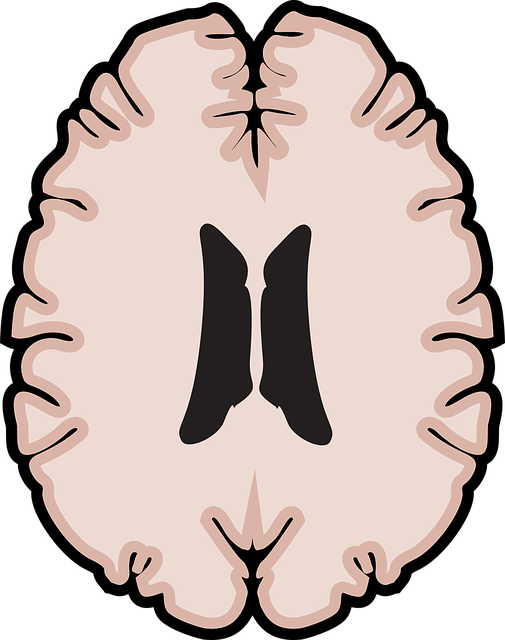Parker Stress Management Therapy (PSMT) is a structured, collaborative approach developed by Dr. Robert Parker that equips individuals with tools for stress reduction and mental wellness promotion. By focusing on group dynamics, active participation, and cultural competency, PSMT enhances its effectiveness and builds resilience against depression. Structured activities and discussions teach practical stress management techniques, while social skills training improves communication and interpersonal interactions. Engaging support groups tailored to group needs foster community and mutual understanding, aligning with Mind Over Matter principles and emphasizing self-care as a vital tool in navigating mental health challenges.
“Unleash the power of group facilitation for mental wellness with an in-depth exploration of innovative techniques. This article guides you through the art of fostering supportive environments using Parker Stress Management Therapy as a cornerstone. Discover how understanding group dynamics can revolutionize mental health support.
From effective strategies to practical tips, we’ll unravel methods to enhance participant engagement, ensuring every voice is heard and every individual feels supported. Let’s embark on this journey towards better mental wellness facilitation.”
- Understanding Parker Stress Management Therapy: A Facilitation Approach
- Group Dynamics and Mental Wellness: Strategies for Effective Facilitation
- Practical Techniques to Enhance Participant Engagement in Support Groups
Understanding Parker Stress Management Therapy: A Facilitation Approach

Parker Stress Management Therapy (PSMT) is a unique and effective facilitation technique designed to empower individuals in managing stress and promoting mental wellness. This therapeutic approach, pioneered by Dr. Robert Parker, focuses on teaching clients practical skills to recognize and reduce stressors in their daily lives. PSMT facilitates a collaborative environment where facilitators guide participants through a structured process of self-discovery, encouraging active engagement and personal responsibility.
Incorporating cultural competency training for healthcare providers is essential when applying PSMT. By understanding diverse cultural perspectives on stress and mental health, facilitators can adapt their strategies to build empathy and foster trust among group members. Empathy-building techniques play a pivotal role in this process, enabling facilitators to connect with participants from various backgrounds, ensuring everyone feels heard and supported. This inclusive approach not only enhances the effectiveness of PSMT but also contributes to the prevention of depression by providing individuals with the tools to navigate stress-inducing situations more effectively.
Group Dynamics and Mental Wellness: Strategies for Effective Facilitation

Group dynamics play a pivotal role in fostering mental wellness within therapeutic settings. As a facilitator, understanding and managing these dynamics is key to creating a safe and supportive environment for all participants. One effective strategy is to encourage active participation by ensuring every voice is heard. This promotes inclusivity and fosters a sense of belonging, which are essential for building resilience. By creating opportunities for members to share their experiences and insights, facilitators can facilitate a powerful peer-to-peer learning experience.
Additionally, incorporating structured activities and discussions centered around stress management techniques like those offered by Parker Stress Management Therapy can significantly contribute to the group’s well-being. These activities aim to teach practical stress reduction methods and resilience building strategies that members can apply in their daily lives. Moreover, integrating social skills training into the facilitation process helps individuals improve communication and interpersonal interactions, ultimately enhancing their overall mental health and support systems.
Practical Techniques to Enhance Participant Engagement in Support Groups

Facilitating engaging support groups is an art that can significantly enhance the therapeutic experience for participants in mental wellness settings. One effective approach is to incorporate interactive activities and discussions tailored to the group’s needs. For instance, encouraging members to share their personal stories and experiences related to stress management can foster a sense of community and mutual understanding. This technique, reminiscent of Parker Stress Management Therapy, allows individuals to learn from one another, offering practical insights into coping mechanisms.
Additionally, facilitators can promote active participation by incorporating self-care routine development activities. Encouraging group members to discuss their personal mental health advocates—whether it’s a hobby, exercise regimen, or mindfulness practice—can inspire others to adopt similar strategies for better mental well-being. This not only aligns with the concept of Mind Over Matter but also supports Mental Health Policy Analysis and Advocacy by emphasizing self-care as a powerful tool in navigating mental health challenges.
Mental wellness group facilitation plays a pivotal role in fostering supportive communities, and techniques like Parker Stress Management Therapy offer effective tools. By understanding group dynamics and employing strategies from this therapy, facilitators can create safe spaces that enhance participant engagement and promote mental health. Integrating practical techniques discussed, professionals can revolutionize support group experiences, making them vibrant and beneficial for all involved.














